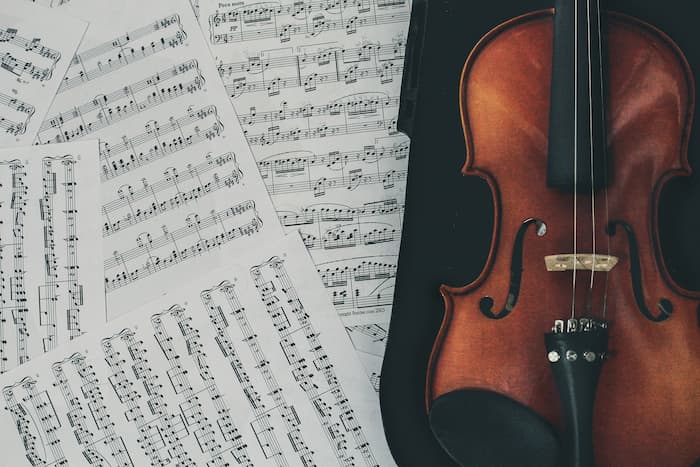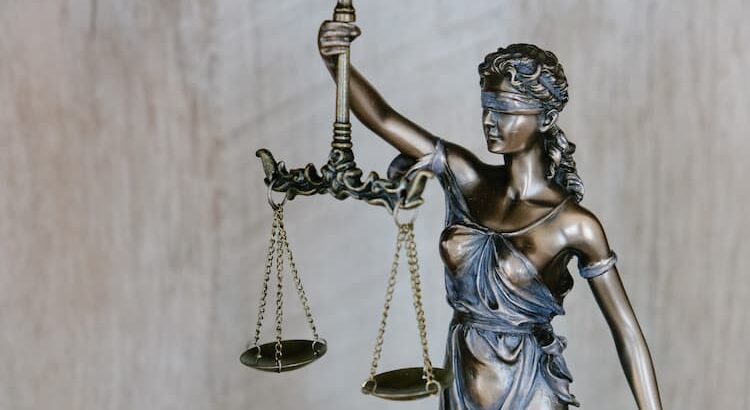In the world of music rights and commercial or in-public music use, there are a lot of terms and expressions that may be confusing to non-musicians. In fact, some of these are confusing even to musicians. In this article I will try to explain some of these terms and what they mean.
1. Copyright Free Music
This is a frequently misused term. There is extremely little “copyright free” music around, if any. As soon as a composer has composed a piece of music, it is automatically copyrighted to him/her, regardless of whether the composer actually takes any practical steps to “copyright” the music. If the composer gives somebody permission to use the music in a project, that doesn’t mean the music is copyright free. Even music that you obtain from free music web sites, from a music library, from a royalty-free music source, etc., none of this means that the music is “copyright free”. You should never assume that a piece of music is “copyright free”, because it almost certainly is not, even if somebody tries to tell you that it is.
2. Music Library
A Music Library, aka Stock Music Library, is simply a “collection of existing music”. People who are in a hurry to obtain music for a project will often use a Music Library because the music is already composed and immediately available. This term says nothing about what costs are involved with using the music. It may be subject to a one-time license payment, a monthly license payment, a per-sale royalty payment, or a combination of these. All this term means, really, is that the music already exists and will not be composed especially for you.
3. Royalty-Free Music
Royalty Free music means that you will only pay a one-time fee to use the music, and you will not pay a per-use or a per-sale royalty to the composer and/or publisher.
4. License Free Music
This is a bad term, because it actually means that the music doesn’t need a License for use. This is never the case, though, so when people say “License Free”, usually what they really mean is “Royalty-Free”.

5. Buyout Music
Buyout Music (or Buy Out music) is a term that usually describes when a company or person pays the composer, producer and/or publisher a one-off sum of money, and then obtains all rights to that music. A lot of the time, music buyout is misused or misplaced. For example, a company might think that they need a total buyout of the music, but all they really need is a License to use the music for whatever puposes they want, forever. This would serve the exact same purpose, but leave the composer with his basic rights intact. If you are looking to obtain buyout music, most likely you are really looking for Royalty-Free music.
Some web sites or music libraries claim to sell Buyout Music, but what they are really selling is royalty-free music. If what they really sold was Buyout Music, then they would sell the music to you, then delete it from their own harddisk, never use it for any other purpose or sell it to anybody else — they they would sign the copyright of the tracks over to you and retract it from anybody else they have ever given the track to in the past. That is a buyout. So really, what they are selling isn’t buyout music, but royalty-free music, or other forms of non-exclusive music licences.
6. Podcast Safe Music
Podcasts are audio recordings made available for individual downloads or subscriptions. Some podcasts are pay-to-listen but most podcasts today are free. Podcasts are a great way to download audio recordings made by other people, because you can “subscribe” to them so they are automatically downloaded to your computer or iPod, without you having to download each programme/episode individually. Podcasts can include talk shows, reports, music shows, news bulletins and basically anything that can be delivered as an audio file.
Lately, Video Podcasts are also on the rise – which is the same thing but includes video as well as audio.
Podcast Safe Music means music that you can safely and legally use in your Podcast, without having to worry about being sued by the music copyright holders. Bands and artists may give their music for free to use in Podcasts, just in return for some promotion in the hope of getting some new fans. More often, Podcast Safe Music is found in music libraries such as the Shockwave-Sound.Com stock music library.
Related: “General Royalty Free” vs “Completely Royalty Free” music





